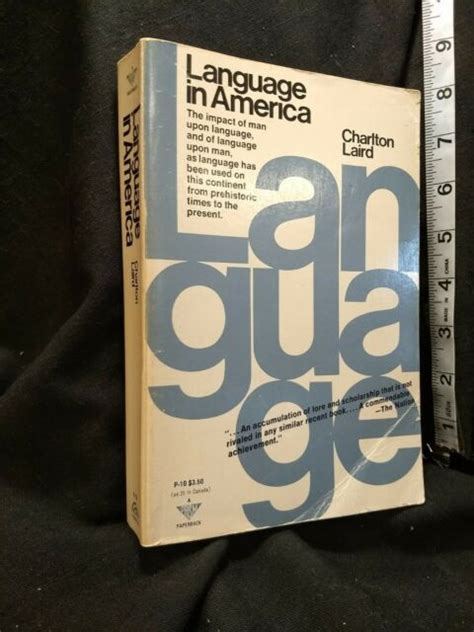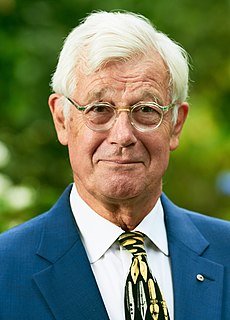A Quote by Charlton Laird
If language is intimately related to being human, then when we study language we are, to a remarkable degree, studying human nature.
Quote Topics
Related Quotes
In studying language we can discover many basic properties of this cognitive structure, its organization, and also the genetic predispositions that provide the foundation for its development. So in this respect, linguistics, first of all, tries to characterize a major feature of human cognitive organization. And second, I think it may provide a suggestive model for the study of other cognitive systems. And the collection of these systems is one aspect of human nature.
The study of letters is the study of the operation of human force, of human freedom and activity; the study of nature is the study of the operation of non-human forces, of human limitation and passivity. The contemplation of human force and activity tends naturally to heighten our own force and activity; the contemplation of human limits and passivity tends rather to check it. Therefore the men who have had the humanistic training have played, and yet play, so prominent a part in human affairs, in spite of their prodigious ignorance of the universe.
Human language has a vocabulary suited to our daily needs and functions: the shape of any human language maps approximately to the needs and activities of our mundane lives. But few would deny that there is another dimension of human existence which transcends the mundane: call it the soul, the spirit: it is that part of the human frame which sees the shimmer of the numinous.
With reason, then, the common opinion of mankind, little affected by the few dissentients who have contended for the opposite view, has found in the careful study of nature, and in the laws of nature, the foundations of the division of property, and the practice of all ages has consecrated the principle of private ownership, as being pre-eminently in conformity with human nature, and as conducing in the most unmistakable manner to the peace and tranquility of human existence.
Being a slow reader would normally be a deficiency; I found a way to make it an asset. I began to sound words and see all those qualities - in a way it made words more precious to me. Since so much of what happens in the world between human beings has to do with the inconsideration of language, with the imprecision of language, with language leaving our mouths unmediated, one thing which was sensuous and visceral led to, in the use of language, a moral gesture. It was about trying to use language to both exemplify and articulate what good is.
The old view was that delicacy of language was part of the nature, the sacred nature, of eros and that to speak about it in any other way would be to misunderstand it. What has disappeared is the risk and the hope of human connectedness embedded in eros. Ours is a language that reduces the longing for an other to the need for individual, private satisfaction and safety.





































